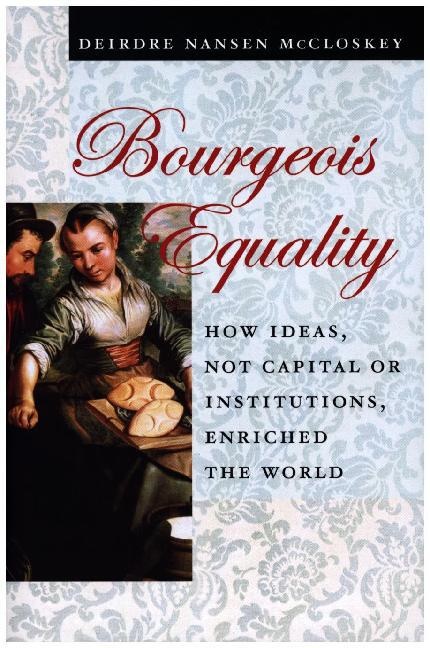Descrizione
Dettagli sul prodotto
| Autori | Deirdre Mccloskey, Deirdre N. McCloskey, McCloskey Deirdre N. |
| Editore | University Of Chicago Press |
| Lingue | Inglese |
| Formato | Copertina rigida |
| Pubblicazione | 19.04.2016 |
| EAN | 9780226333991 |
| ISBN | 978-0-226-33399-1 |
| Pagine | 768 |
| Categorie |
Saggistica
> Storia
> Altro
Scienze sociali, diritto, economia > Scienze politiche > Teorie politiche e storia delle idee BUSINESS & ECONOMICS / Economic History, POLITICAL SCIENCE / History & Theory, Economic history, Political science & theory, Political science and theory |
Recensioni dei clienti
Per questo articolo non c'è ancora nessuna recensione. Scrivi la prima recensione e aiuta gli altri utenti a scegliere.
Scrivi una recensione
Top o flop? Scrivi la tua recensione.

